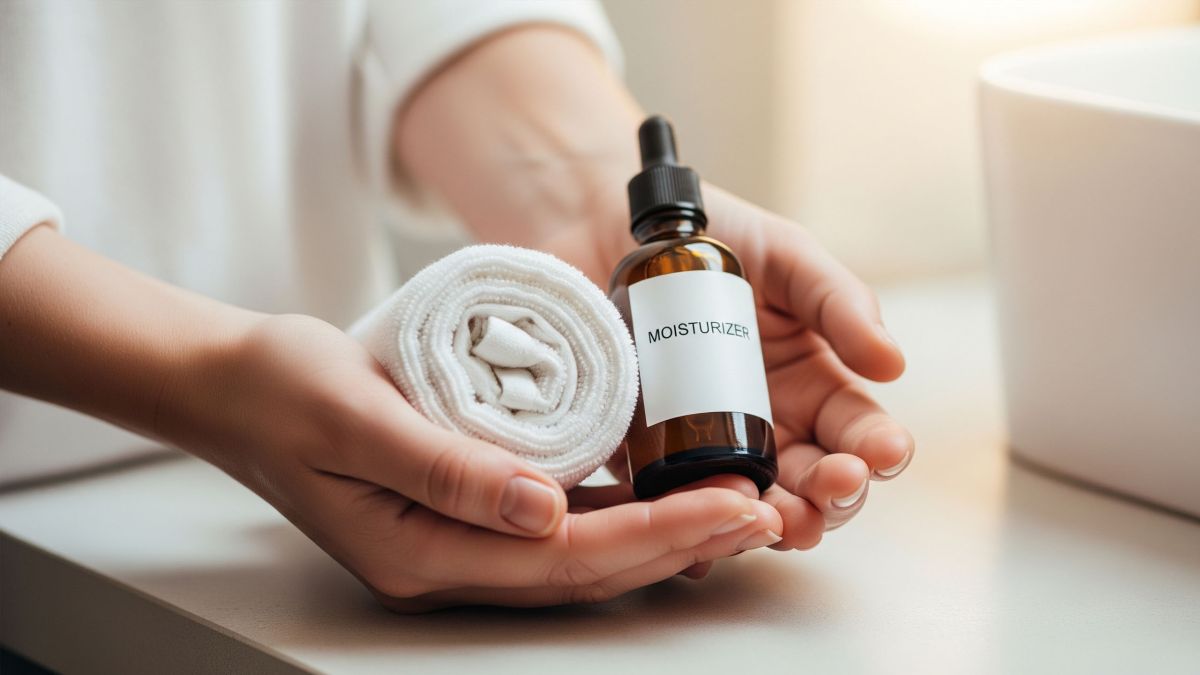Recognizing the Signs of Vaginal Dryness: What You Need to Know

Vaginal dryness is more common than many people realize, yet it often goes unnoticed until it begins to interfere with daily comfort or intimacy. This condition can affect anyone at different stages of life—not just during menopause. Understanding the early signs is important for maintaining vaginal health, preventing discomfort, and knowing when to seek help.
This guide will explain what vaginal dryness is, why it happens, the signs to look out for, and practical steps to address it.
What Is Vaginal Dryness?
Vaginal dryness occurs when the vaginal tissues produce less natural lubrication, leading to reduced moisture. While occasional dryness can be normal, persistent dryness may indicate an underlying cause that needs attention.
Why Does It Happen?
Several factors can contribute to vaginal dryness:
-
Hormonal Changes: A drop in estrogen—common during menopause, postpartum, or breastfeeding—can significantly reduce natural lubrication.
-
Medications: Antihistamines, antidepressants, and some birth control methods can lead to dryness.
-
Stress and Anxiety: Emotional factors can influence vaginal lubrication.
-
Medical Conditions: Autoimmune disorders, diabetes, and certain cancer treatments may play a role.
Early Signs of Vaginal Dryness
Recognizing the symptoms early can help prevent discomfort from becoming worse. Common signs include:
1. Persistent Dryness or Tightness
A feeling of tightness or lack of moisture inside the vagina, even when you’re not sexually active, can be a key indicator.
2. Burning or Itching Sensations
Dry tissue can become more sensitive, causing irritation that feels like mild burning or itching.
3. Pain During Intercourse
If sex feels uncomfortable or painful—especially if this is new for you—it may be due to insufficient lubrication.
4. Increased Urinary Discomfort
Some people notice a stinging sensation when urinating. While this can mimic a urinary tract infection, dryness can also cause it.
5. Recurrent Vaginal Irritation
Dryness can make vaginal tissue more prone to irritation from clothing, exercise, or hygiene products.
Possible Complications If Ignored
Untreated vaginal dryness can lead to:
-
Microtears in the vaginal tissue
-
Higher risk of irritation and infections
-
Discomfort in everyday activities
-
Decreased quality of sexual intimacy
How to Manage Vaginal Dryness
1. Use a Gentle, pH-Balanced Cleanser
Avoid harsh soaps and scented products that can strip natural oils.
2. Over-the-Counter Moisturizers and Lubricants
Look for water-based or silicone-based lubricants for sex, and vaginal moisturizers for regular comfort.
3. Stay Hydrated and Maintain a Balanced Diet
Hydration and healthy fats can support overall tissue health.
4. Speak With a Healthcare Provider
If dryness is persistent or severe, a doctor may suggest treatments like low-dose vaginal estrogen or other targeted therapies.
Quick reference: Common causes vs. practical solutions
| Common cause | Typical sign | Practical solution |
|---|---|---|
| Lower estrogen (menopause, postpartum) | Chronic dryness, thinning tissue | Vaginal moisturizers; discuss low-dose vaginal estrogen with provider |
| Medications (antihistamines, SSRIs) | Intermittent dryness, reduced arousal | Use water- or silicone-based lubricants; review meds with prescriber |
| Stress / anxiety | Fluctuating lubrication, discomfort | Stress-reduction, pelvic relaxation techniques, lube for intercourse |
| Medical conditions / treatments | Persistent dryness, pain, recurrent irritation | See clinician; targeted treatment (e.g., topical therapies, manage underlying condition) |
When to Seek Medical Advice
See a healthcare professional if:
-
Dryness is accompanied by unusual discharge or odor
-
There is significant pain or bleeding after sex
-
Symptoms persist despite using moisturizers or lubricants
Final Thoughts
Vaginal dryness is not something to feel embarrassed about—it’s a common condition that can often be managed with simple solutions. Paying attention to the signs early can make a big difference in your comfort and overall vaginal health.
Q&A
-
Q: Is vaginal dryness the same as a yeast infection?
A: No. Vaginal dryness is low natural lubrication; a yeast infection typically causes thick white discharge, intense itch, and sometimes odor. If you’re unsure, see a clinician — especially if you have unusual discharge or odor. -
Q: Can birth control cause vaginal dryness?
A: Some hormonal birth control methods can reduce natural vaginal lubrication in some people. If you suspect your birth control contributes, discuss alternatives with your provider. -
Q: Are over-the-counter moisturizers safe to use long-term?
A: Many vaginal moisturizers are designed for regular use and are safe long-term. Choose pH-balanced, fragrance-free products and follow the manufacturer’s directions. If irritation occurs, stop and consult a clinician. -
Q: Should I use oil-based lubricants?
A: Oil-based products can degrade latex condoms and may increase infection risk for some people. Water- or silicone-based lubricants are generally safer choices for intercourse. -
Q: When should I see a doctor about dryness?
A: See a healthcare provider if symptoms are severe, persist despite moisturizers/lubricants, are accompanied by bleeding, significant pain, or unusual discharge or odor. -
Q: Can menopause-related dryness be treated?
A: Yes. Options include over-the-counter moisturizers and lubricants, and medical treatments such as low-dose vaginal estrogen or other prescription therapies — discuss individualized options with a provider. -
Q: Will drinking more water fix vaginal dryness?
A: Staying hydrated supports overall tissue health but may not resolve hormonally driven dryness. Use hydration alongside targeted products and medical advice when needed. -
Q: Can lifestyle changes help?
A: Yes. Reducing smoking, limiting alcohol, managing stress, maintaining a balanced diet with healthy fats, and reviewing medications can help improve symptoms in many people.
Disclaimer: The articles and information provided by the Vagina Institute are for informational and educational purposes only. This content is not intended to be a substitute for professional medical advice, diagnosis, or treatment. Always seek the advice of your physician or another qualified health provider with any questions you may have regarding a medical condition.


 English
English  Deutsch
Deutsch  Español
Español  Français
Français 





